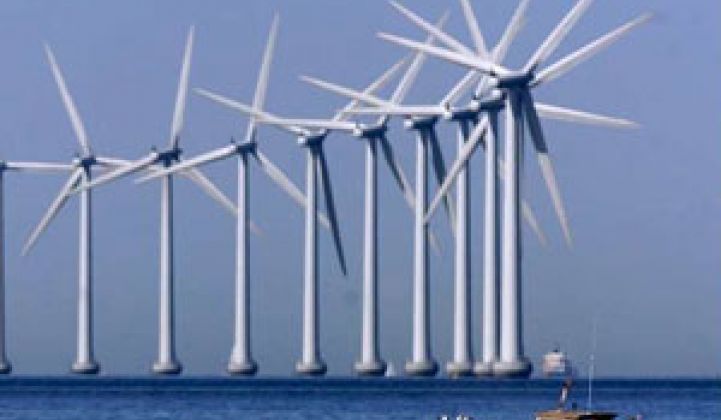Clean energy patents climbed to an all-time high in the last quarter of 2007, with fuel cell patents leading the way, an intellectual property law firm reported Friday.
Overall, 2008 saw 928 clean energy patents granted, continuing a rising trend that was broken by a slight decline in 2007 and in the first quarter of last year, according to a report released by Albany, N.Y.-based Heslin Rothenberg Farley & Mesiti (see Firm Reports Decline in Cleantech Patents).
Adding up the total number of patents granted since the firm started tracking them in 2002, auto giants Honda and General Motors, led the pack, taking the number one and two spots on the firm's list. Toyota, Nissan and Ford also help top-ten spots.
Fuel cell companies Plug Power (NSDQ: PLUG), Ballard Power Systems (NSDQ: BDLP) and United Technologies (NYSE: UTX) were in the top ten list as well. General Electric and Canon held the remaining spots on the list.
According to the report, fuel cell patents continued to capture the majority of all patents granted, with more than 500 granted in 2008. Automakers were busy in fuel cells in 2008 –Honda was granted 49 fuel cell patents, GM got 48, Toyota got 23 and Nissan got 19, while United Technologies was granted 13, Plug Power got seven and Ballard Power got four, the report showed.
Other technologies that saw growth in patent filings last year included wind power, with 155 patents, and hydroelectric, tidal and geothermal power. General Electric led on wind in 2008, with 37 patents granted.
Solar, biofuel and hybrid and electric transportation patents declined, however. While Canon holds the largest number of solar patents since 2002, it was granted none in 2008. Sunpower Corp. took the lead in patents granted last year with 6 patents, followed by General Electric and Sharp Corp., each with three patents, and Emcore with two patents.
Patent filings by country continued to be dominated by U.S.-based companies and research organizations, with half the overall number of patents granted. Japan came second with 29 percent, and Germany was third with 8 percent.
Still, the number of patents granted to U.S-based entities has been falling since 2004, while those from Japan are rising, the report found.
Just how these patents will translate into commercially viable product remains to be seen. Fuel cell makers, while busy patenting new technologies, have struggled to find commercial applications for them (see Plug Power Puts Fuel Cells in Forklifts).
Given the economic downturn and drying up of capital, startups could turn to patenting and licensing their technology instead of developing it themselves, observers say (Will Greentech Startups Shift From Products to Patents?).



